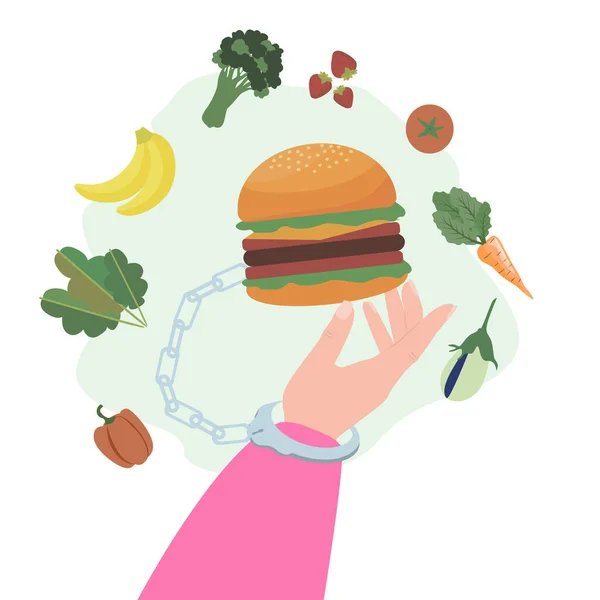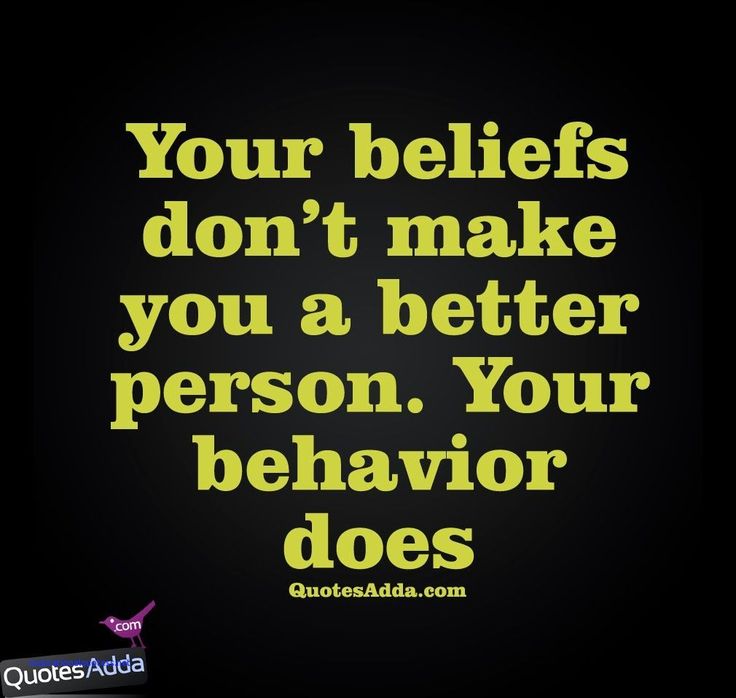Stop food addiction overeating
10 Tips to Beat Food Addiction
Skip to content 10 Tips to Beat Food AddictionAre you are self confessed chocoholic? Are you addicted to sweet foods? It’s a pretty common assumption that sugar is ‘addictive’, just like substance or alcohol abuse, but is this actually the case?
I’ve definitely had moments when I’ve craved chocolate or ‘needed’ something sweet after dinner so I can relate to the notion of needing a ‘fix’.
Food addiction?Within the scientific community there’s lots of disagreement on whether or not certain foods are addictive, so a definition for food (or sugar) addiction doesn’t actually exist.
In the end, I believe it really doesn’t matter what the definition is, or if true food addiction really exists. The reality is that food has become much more apart of our lives than just fuel for our bodies. It’s pleasure for our soul, it picks us up when we are down (physically and emotionally), we celebrate the good, bad and boring times with it and it makes us feel good.
I love the taste of ice cream, salty chips and crackers, cheese and wine. Chocolate is the ultimate sensory experience and all of my favourite meals have gained said status due to their inarguably good taste!
One of the reasons scientists have decided to include sugar into the list of dependance items is because it activates the pathway in the brain that relates to ‘reward’, which is also activated by addictive drugs. When it comes to food, it’s the ‘rewarding’ of ourselves that we like.
I went through a phase in my nutrition career when I labelled certain high sugar, salt or fat foods as ‘treat’ foods. This meant that they were OK, every now and then, as a treat, but shouldn’t be eaten every day. The problem I’ve discovered with this is that we live in a busy, stressful and often unhappy world and thus a daily (or more often) treat is a nice escape from our mundane, depressed lives.
Sorry if I’m sounding rather morbid, but it’s dawned on me that calling ‘junk’ foods ‘treat’ foods may be counter productive.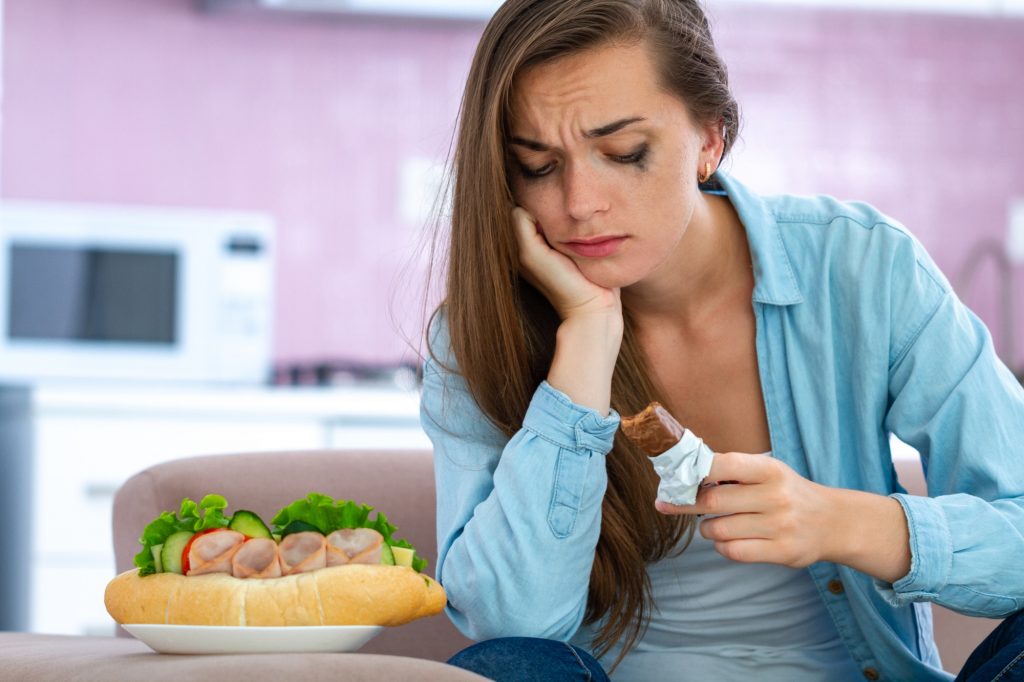 I don’t know about you but treats make me happy and I like to feel happy as often as I can.
I don’t know about you but treats make me happy and I like to feel happy as often as I can.
What if healthy food was called ‘treat’ food? What if we actually treated ourselves daily with wholesome food that made us feel good about ourselves and not full of regret and self loathing 5 mins after we’ve eaten it? Junk food shouldn’t be called treat food. It really should be called ‘sometimes’ food. And treating ourselves should happen daily but in a way that enhances our physical and emotional wellbeing.
So what about the feelings of dependence? What about the cravings? What about the urges for food that you just can’t resist? What are you supposed to do about that?
Research has shown that palatable food (food that tastes amazing) does cause the release of dopamine (a feel good chemical) in your brain. So certain foods do make you feel better than others, just because they taste good. Due to the fact that we would prefer to feel good rather than bad we actively seek out that food again to re-experience the ‘feel good’ factor. Is it addictive? Probably not, but nonetheless when you’ve medicated your sadness, stress, disappointment and misery with food for 20 years, it can be a hard habit to break.
Is it addictive? Probably not, but nonetheless when you’ve medicated your sadness, stress, disappointment and misery with food for 20 years, it can be a hard habit to break.
I think the biggest part of breaking your dependance on sugar or other foods that you just can’t resist lies in your understanding of the reward.
There are 3 different aspects to a reward: liking, a pleasant experience and wanting. Wanting is the motivation to seek out the reward to experience it again. Research suggests that dopamine is released in response to wanting. It’s also released in such a way that we experience the ‘rush’ in anticipation of receiving the reward, not afterwards.
So perhaps this explains why sitting in a cafe and staring at the cakes in the window makes the urge to ‘reward’ yourself feel so good but after you’ve eaten it you realise that it was over-rated. I know I’ve definitely felt that way. Food is an immediate indulgence. You only want it in the moment and then once the moment’s past you don’t feel like you’ve missed out because it’s not right in front of you any more.
Guess what other things activate your brain’s reward pathways? Music, humour, winning, expecting to win a prize, attractive or smiling faces, a mother recognising their child and (my favourite) being ‘in love’. This fact alone suggests that food isn’t addictive in the same sense as drugs but actually elicits a normal response that occurs in many of life’s pleasurable experiences.
How to beat it…There’s no quick fix or magic pill to make you stop wanting sugar or foods that you crave. Ultimately, you crave what you regularly feed yourself. So… the only way to reduce your cravings is to take a break. If you regularly have something sweet to eat after dinner, it’s very natural for you to always feel like eating something sweet after dinner. You’re in a bad habit, that’s all. Research has shown that fasting particular foods doesn’t increase the cravings like it does with true drug addiction, it actually reduces them.
Changing your habits and behaviour is hard work. So you need to get prepared. Here are are few tips to help you beat the sugar high and get in control of your eating.
So you need to get prepared. Here are are few tips to help you beat the sugar high and get in control of your eating.
Change – real change – requires that you give up one aspect of your life or behaviour for the sake of something better. In the end you have to decide that losing weight or changing your eating habits is more important to you than the foods that need to take a back seat.
2. Precisely articulate what triggers your cravingsKnowing what triggers your desires for certain foods helps you prepare for those moments before they happen. If you tend to eat when you are stressed, then instead of reaching for a chocolate bar when you walk away from your desk, bring your sneakers and go for a walk. When I’m feeling sad and tempted to eat for no reason, I take a shower and wash my hair which really helps me feel much better.
3. Make a meal planBeing prepared with your meals is really important when it comes to changing your eating habits. For further reading and a free download check out my article: The Benefits of Meal Planning.
For further reading and a free download check out my article: The Benefits of Meal Planning.
This is something that you do instead of your bad eating habit. You see, you can’t stop one habit easily without replacing it with another one. For example, if you like to have something sweet to eat after dinner, try replacing dessert or chocolate with a flavoured herbal tea. If you get bored during a certain point in the day instead of reaching for an office fundraiser or buying a blueberry muffin, why not plan the next weeks worth of meals and exercise sessions. Maybe you need a hobby. For further reading, check out my article on boredom eating.
5. Write out and regularly re-read your goalsSometimes we just need to be reminded of what it is that we want more. If weight loss is your goal than write down your goals and put them on the fridge, pantry or mirror in the bathroom where you can regularly see them.
This one is simple. If it’s not available you can’t eat it.
7. Get you’re family & friends on boardEnlisting the help of people close to you will help you stay on track. We need to be accountable to someone when we are making tough lifestyle adjustments. Make sure these people are positive and encouraging and stay away from junk food enablers.
8. Keep a food diaryA large proportion of our eating habits happen without us even being aware of them. Mindless eating is a huge problem in our busy multi-tasking lives. Eating while doing other tasks often results in over consumption or eating even when you’re not hungry. Keeping a food diary will help you raise awareness of exactly what you put in your mouth and highlight some of your bad habits.
9. Explore non-food rewardsLike I said earlier, we all like to feel good. Find a way to reward yourself that isn’t food related. New clothes, a new book, a hair cut or treatment, a massage… the list is endless, so take the time to sit down and work out nice things that you can reward yourself with that wont add to your waistline.
New clothes, a new book, a hair cut or treatment, a massage… the list is endless, so take the time to sit down and work out nice things that you can reward yourself with that wont add to your waistline.
Fad dieting, severe restriction and skipping meals will predispose you to binge eating and overconsumption at your next meal time. Don’t do it. Follow a healthy, well-balanced meal plan with protein, high fibre carbohydrate, healthy fats and lots of fruit and vegetables.
The most important thing to remember is to not give up. You want to change your eating habits and lifestyle forever, so give yourself a break if you have a relapse into old habits and try again tomorrow. The great thing about life is that it’s never too late.
Here at The Healthy Eating Hub we are keen to help you kick your food addiction.
If you’d like further help with your nutrition please click below:
Ongoing nutrition support
Registered Nutritionist.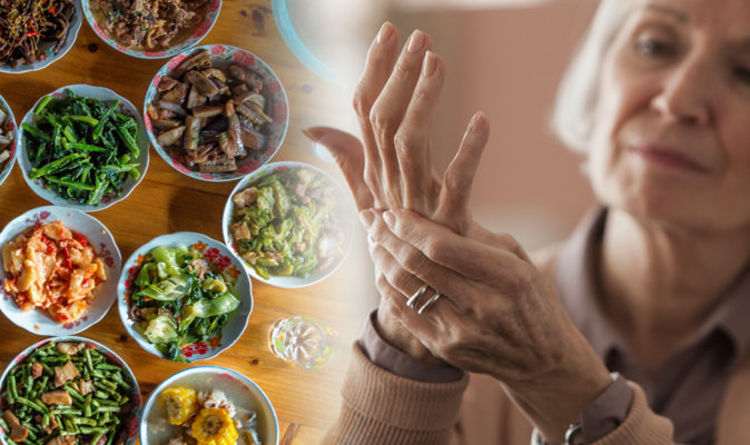
Go to Top
How to Overcome Food Addiction
The effects of certain foods on the brain make it hard for some people to avoid them.
Food addiction operates similarly to other addictions, which explains why some people can’t control themselves around certain foods — no matter how hard they try.
Despite not wanting to, they may repeatedly find themselves eating large amounts of unhealthy foods — knowing that doing so may cause harm.
This article examines food addiction and provides tips to overcome it.
Food addiction is an addiction to junk food and comparable to drug addiction.
It’s a relatively new — and controversial — term, and high quality statistics on its prevalence are lacking (1).
Food addiction is similar to several other disorders, including binge eating disorder, bulimia, compulsive overeating, and other feeding and eating disorders.
SUMMARYFood addiction is a highly controversial concept, though most studies suggest it exists.
It works similarly to drug addiction.
Food addiction involves the same areas of the brain as drug addiction. Also, the same neurotransmitters are involved, and many of the symptoms are identical (2).
Processed junk foods have a powerful effect on the reward centers of the brain. These effects are caused by brain neurotransmitters like dopamine (3).
The most problematic foods include typical junk foods like candy, sugary soda, and high fat fried foods.
Food addiction is not caused by a lack of willpower but believed to be caused by a dopamine signal that affects the biochemistry of the brain (4).
SUMMARYFood addiction is thought to involve the same neurotransmitters and areas of the brain as drug addiction.
There is no blood test to diagnose food addiction. As with other addictions, it’s based on behavioral symptoms.
Here are 8 common symptoms:
- frequent cravings for certain foods, despite feeling full and having just finished a nutritious meal
- starting to eat a craved food and often eating much more than intended
- eating a craved food and sometimes eating to the point of feeling excessively stuffed
- often feeling guilty after eating particular foods — yet eating them again soon after
- sometimes making excuses about why responding to a food craving is a good idea
- repeatedly — but unsuccessfully — trying to quit eating certain foods, or setting rules for when eating them is allowed, such as at cheat meals or on certain days
- often hiding the consumption of unhealthy foods from others
- feeling unable to control the consumption of unhealthy foods — despite knowing that they cause physical harm or weight gain
If more than four to five of the symptoms on this list apply, it could mean there’s a deeper issue.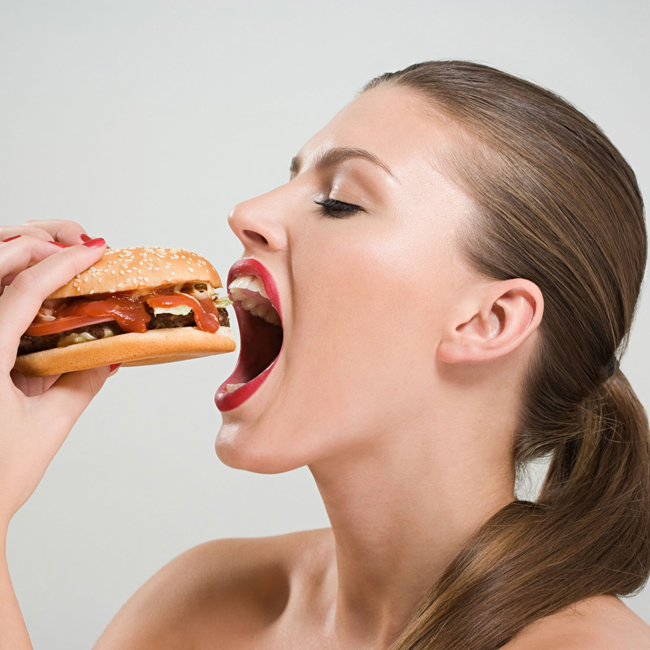 If six or more apply, then it’s likely a food addiction.
If six or more apply, then it’s likely a food addiction.
SUMMARYThe main symptoms of food addiction include craving and binging on unhealthy foods without being hungry and an inability to resist the urge to eat these foods.
Though the term addiction is often thrown around lightly, having a true addiction is a serious condition that typically requires treatment to overcome.
The symptoms and thought processes associated with food addiction are similar to those of drug abuse. It’s just a different substance, and the social consequences may be less severe.
Food addiction can cause physical harm and lead to chronic health conditions like obesity and type 2 diabetes (5).
In addition, it may negatively impact a person’s self-esteem and self-image, making them unhappy with their body.
As with other addictions, food addiction may take an emotional toll and increase a person’s risk of premature death.
SUMMARYFood addiction increases the risk of obesity and type 2 diabetes.
Excessive weight may also affect a person’s self-esteem.
Completely avoiding junk foods may seem impossible. They’re everywhere and a major part of modern culture.
However, in some cases, entirely abstaining from certain trigger foods can become necessary.
Once the firm decision to never eat these foods again is made, avoiding them may become easier, as the need to justify eating — or not eating — them is eliminated. Cravings may also disappear or decrease significantly.
Consider writing a list of pros and cons to think through the decision.
- Pros. These may include losing weight, living longer, having more energy, and feeling better every day.
- Cons. These may include not being able to eat ice cream with family, no cookies during the holiday season, and having to explain food choices.
Write everything down — no matter how peculiar or vain it may seem. Then compare the two lists and ask if it’s worth it.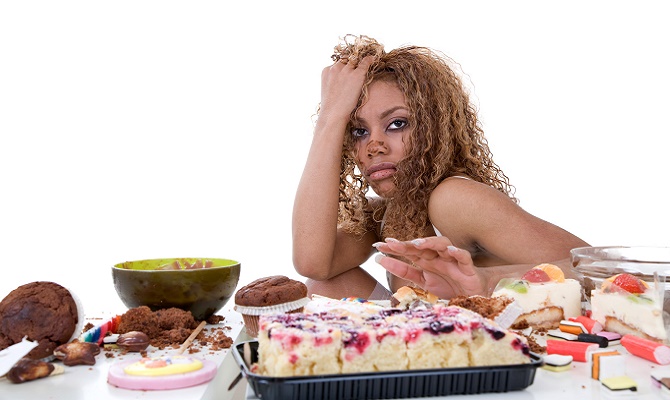
If the answer is a resounding “yes,” be assured that it’s the right decision.
Also, keep in mind that many of the social dilemmas that may show up in the con list can often easily be solved.
SUMMARYTo overcome food addiction, a person should be sure that eliminating certain foods is the right thing to do. If there’s uncertainty, writing down the pros and cons may help make the decision.
A few things can help prepare for giving up junk foods and make the transition easier:
- Trigger foods. Write down a list of the foods that cause cravings and/or binges. These are the trigger foods to avoid completely.
- Fast food places. Make a list of fast food places that serve healthy foods and note their healthy options. This may prevent a relapse when hungry and not in the mood to cook.
- What to eat. Think about what foods to eat — preferably healthy foods that are liked and already eaten regularly.
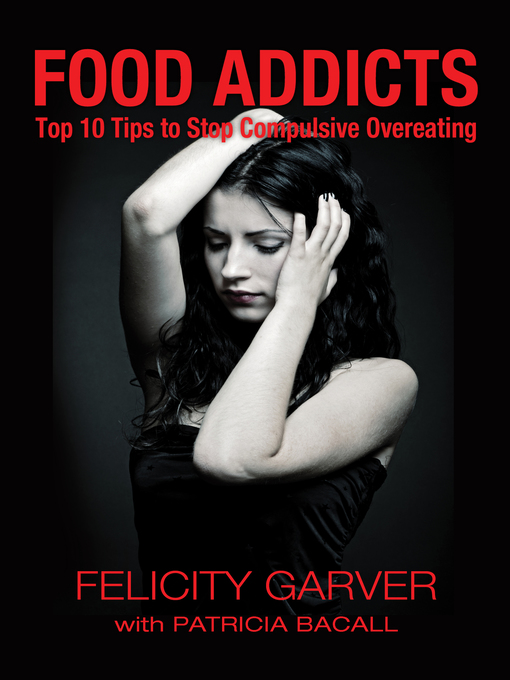
- Pros and cons. Consider making several copies of the pro-and-con list. Keep a copy in the kitchen, glove compartment, and purse or wallet.
Additionally, don’t go on a diet. Put weight loss on hold for at least 1–3 months.
Overcoming food addiction is difficult enough. Adding hunger and restrictions to the mix is likely to make things harder.
After taking these preparatory steps, set a date in the near future — like the coming weekend — from which point onward the addictive trigger foods won’t be touched again.
SUMMARYTo overcome food addiction, it’s important to plan. Make a list of trigger foods and know what is going to be eaten instead.
Most people with addiction attempt to quit several times before they succeed in the long run.
While it’s possible to overcome addiction without help — even if it takes several tries — it can often be beneficial to seek help.
Many health professionals and support groups can aid in overcoming your addiction.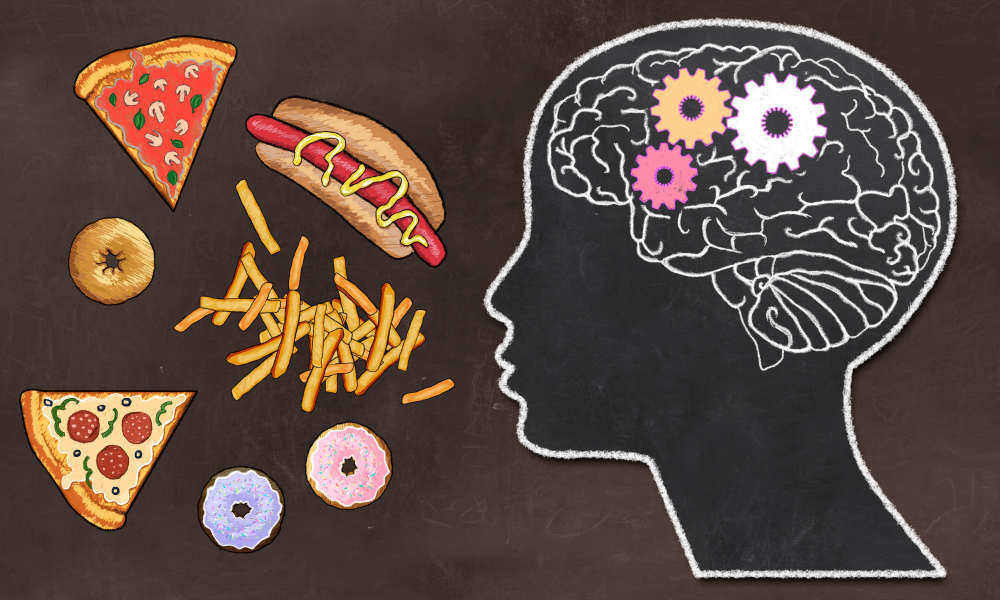
Finding a psychologist or psychiatrist who has experience in dealing with food addiction can provide one-on-one support, but there are several free group options available as well.
These include 12-step programs like Overeaters Anonymous (OA), GreySheeters Anonymous (GSA), Food Addicts Anonymous (FAA), and Food Addicts in Recovery Anonymous (FA).
These groups meet regularly — some even via video chat — and can offer the support needed to overcome addiction.
SUMMARYConsider seeking help for food addiction. Try support groups like Overeaters Anonymous or book an appointment with a psychologist or psychiatrist who specializes in food addiction.
Food addiction is a problem that rarely resolves on its own. Unless a conscious decision to deal with it is made, chances are it will worsen over time.
The first steps to overcoming the addiction include listing the pros and cons of quitting trigger foods, finding healthy food alternatives, and setting a fixed date to start the journey toward health.
Consider seeking help from a health professional or free support group. Always remember that you’re not alone.
Editor’s note: This piece was originally reported on July 30, 2017. Its current publication date reflects an update, which includes a medical review by Timothy J. Legg, PhD, PsyD.
Food addiction. How to recognize? The beauty. Aesthetic guide.
We are all dependent on food, which, after air and water, is the third most important human need.
Food gives us the energy necessary for the functioning of internal organs, movement, life in general. That is, in theory, there is a certain norm, the number of calories that each of us needs to consume for normal life - in the body of a healthy person, the feeling of fullness is responsible for this balance: full - it means that the body does not need fuel for a while, hungry - That means it's time to restock.
True, people realized quite early that one can also enjoy food, and this is where the difficulties began - food ceased to be just a biological need and turned into a source of pleasure and a way of spending time. And today, many, without suspecting it, suffer from such a disease as food addiction.
And today, many, without suspecting it, suffer from such a disease as food addiction.
This problem, although seemingly harmless, is actually quite real and manifests itself in uncontrolled (or compulsive) food consumption, often not associated with hunger.
Such behavior, by the way, can be caused by emotions such as stress, sadness or anger. Not about you, you say?
How often do you "reward" yourself with cake or chips after a hard day? How often, after conflicts at work or school, did they come home, open the refrigerator and start frantically looking for “what to profit from”? How often did you eat sweets, with or without tea, to cheer you up on a rainy day? That's it!
Meanwhile, scientists argue that foods that contribute to food addiction are usually classified as "unhealthy", such as chips, sweets or white bread. Well, let's turn to science.
What is food addiction?
Food addiction is closely associated with eating disorders such as obesity, bulimia and eating disorders.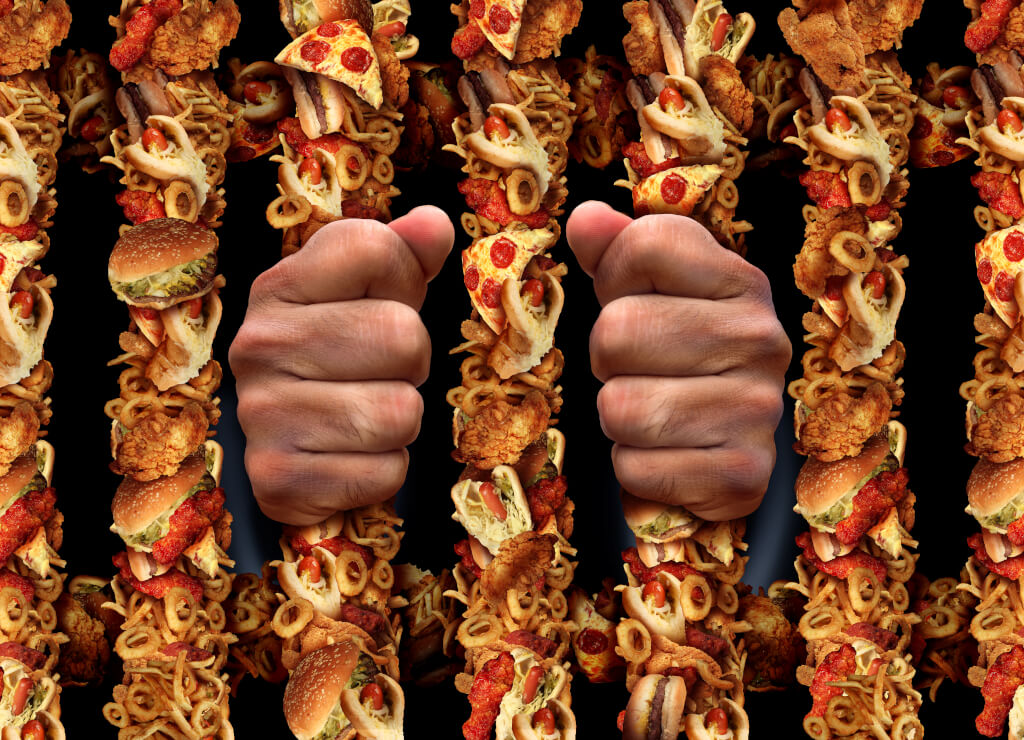 According to one theory, chemical addiction to specific foods can develop in the same way as addiction to alcohol or cigarettes.
According to one theory, chemical addiction to specific foods can develop in the same way as addiction to alcohol or cigarettes.
Eating food triggers chemical reactions in the brain and turns on hormones that provide pleasant sensations that the body perceives as a reward, for example, dopamine . These chemicals may also be responsible for releasing emotional stress.
There is, however, another study that argues that there is insufficient evidence that food can induce the same "attachment" as alcohol or cigarettes. It also states that the term "food addiction" is misleading because it suggests that the ingredients themselves are addictive.
In fact, the conclusion here is very simple - addiction can be divided into two categories: addiction to an ingredient (ie, substance) and addiction to a behavior or action, such as eating food.
Thus, food addiction is an addiction to certain behavior.
According to statistics, only in the US about 35% of adults are obese. However, they represent only a third of all those who have an eating disorder. That is, although it may contribute to obesity, it is not the only factor.
However, they represent only a third of all those who have an eating disorder. That is, although it may contribute to obesity, it is not the only factor.
According to one review, up to 10% percent of people with food addiction were underweight, healthy, or simply overweight, not obese.
Which foods are associated with food addiction?
Food addiction is often thought to involve foods rich in sugar, fat or starch. The Yale Food Addiction Scale , which is a questionnaire designed to diagnose this problem in patients, identified certain foods that were most commonly consumed: chips, french fries, candy, chocolate, cookies, white bread, pasta, ice cream.
Symptoms of food addiction
Symptoms of food addiction can be physical, emotional and social.
They include:
- compulsive food cravings;
- preoccupation with buying and eating food;
- prolonged drinking or compulsive eating;
- regular attempts to stop overeating and constant relapses;
- loss of control over how often and where a person eats;
- negative impact of the problem on family life, communication and finances;
- need for food for emotional release;
- desire to eat alone to avoid attention;
- eating to the point of physical discomfort or pain.

Food addiction can also trigger physical reactions, including:
- severe food restriction;
- manic sports;
- self-induced vomiting.
Treatment and solutions
Treatment of food addiction should meet the emotional, physical and psychological needs of the person.
It focuses on eradicating the destructive habit of chronic overeating. The goal is to replace unhealthy eating habits with healthy ones and address the underlying problems, such as depression or anxiety.
Eating behavior therapy includes:
1. Cognitive behavioral therapy (CBT) aimed at identifying and changing thought patterns and creating new mechanisms to overcome the "triggers" of food addiction. CBT can be performed individually or in a group.
2. Medicines that can be used to relieve symptoms of depression or anxiety.
3. Problem Focused Therapy - focuses on finding solutions to specific problems in a person's life that cause stress and overeating.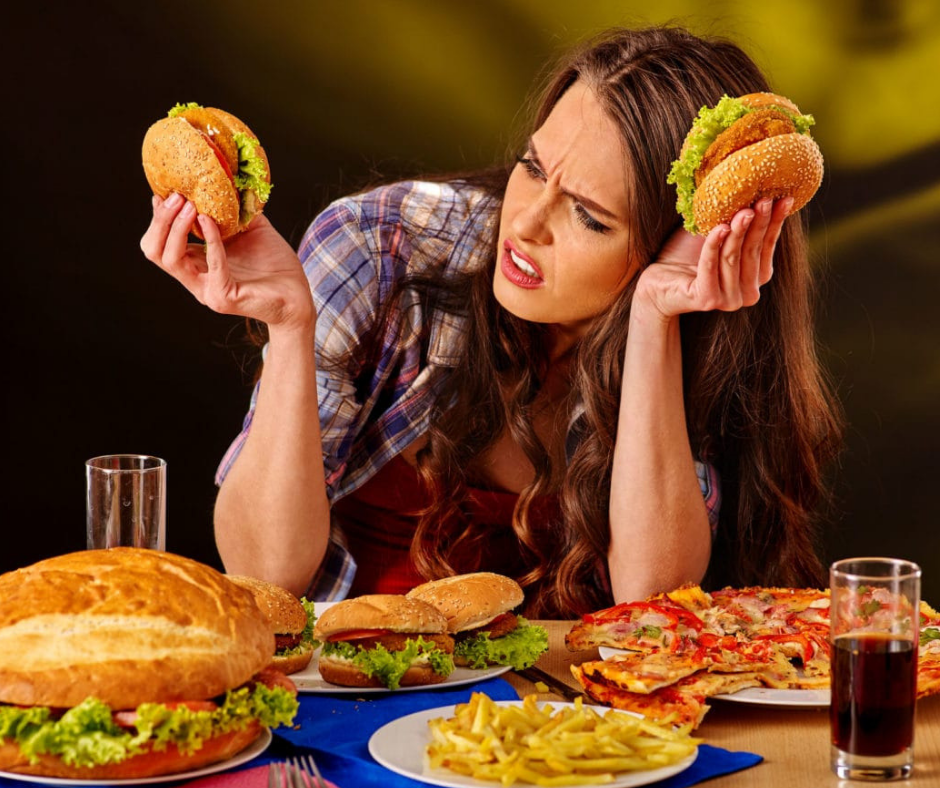
4. Trauma therapy aimed at combating psychological trauma that may be associated with or provokes food addiction.
5. Nutrition Counseling and Dietary Planning which can help a person develop a healthy approach to food selection and diet planning.
There are also a number of lifestyle changes that can help with food addiction, including:
- replace processed foods and sweeteners with healthy alternatives;
- avoid caffeine;
- allow a temporary feeling of hunger in order to reduce it - this process can take 2-5 days or longer;
- eat three balanced meals a day;
- drink plenty of water;
- sit at the table while eating, concentrating on food and chewing slowly;
- write a list of healthy foods and follow it when shopping;
- cook at home;
- exercise regularly;
- get enough sleep;
- shorten your stay at work and avoid social stress as much as possible.
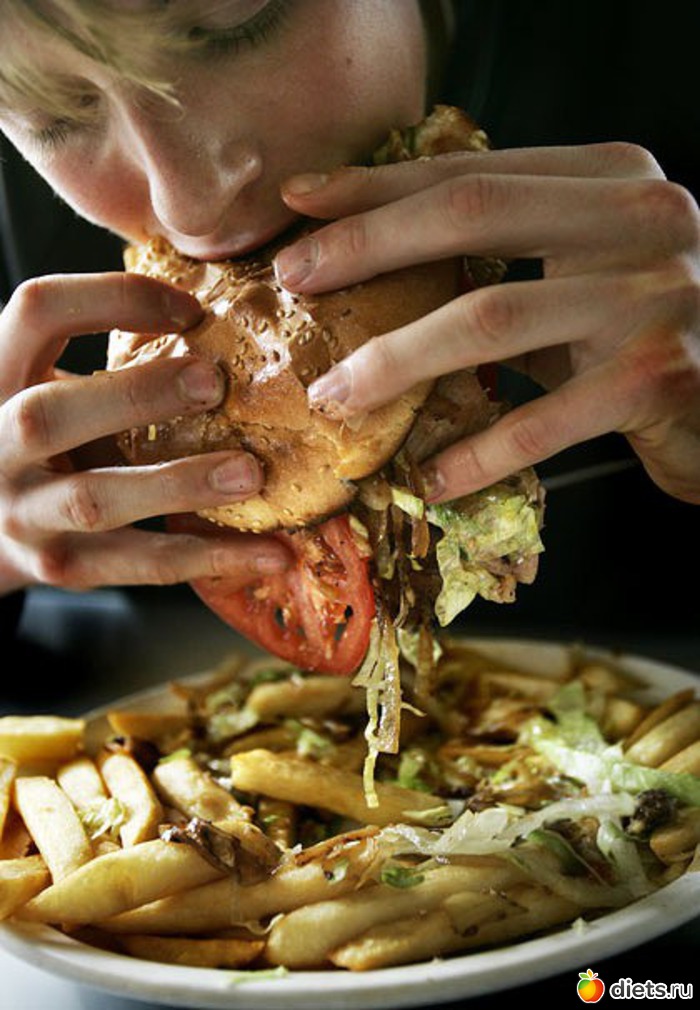
When to see a doctor
Anyone who feels their diet is getting out of control or wants to return to their previous healthy weight needs to see a specialist: a nutritionist, dietitian or psychotherapist, so as to suggest the correct methods treatment for a healthy diet, weight loss, as well as a set of regular exercises can only be prescribed by a doctor.
The therapist, in turn, can help develop new coping mechanisms and build a more positive “relationship” with food.
Data: medicalnewstoday.com
Share:
What is food addiction and is it possible to fight it? , and why it is more difficult to fight food addiction than alcohol addiction, said Maria Bass, a psychologist at the International Medical Center for Addictology IMC
Author:
Reznik Irina
four minutes
What is common between food and drug addiction, how people get addicted to food, is compulsive overeating necessarily associated with obesity, and why food addiction is more difficult to fight than alcohol addiction, said the psychologist of the International Medical Center for Addictology IMC Maria Bass .
How can one become addicted to food when we all need food?
Indeed, food is one of the basic human needs. Recently, however, more and more specialists are using the term "food addiction", reinforcing it with data from studies of the effect of compulsive overeating on the pleasure centers in the brain. Binge eating is a type of behavioral addiction. Behavioral or non-chemical addiction is an obsessive desire for a certain action associated with pleasure, which a person is not able to control. Food, gambling, sex, work, the Internet are often non-chemical addictions.
Animal and human experiments show that pleasure and reward centers in the brain—those activated by the ingestion of cocaine or heroin, for example—are able to respond to certain types of food in exactly the same way. Most often these are foods high in sugar, fat or salt.
Like drugs, these foods stimulate a number of chemical reactions in the brain, such as the production of dopamine.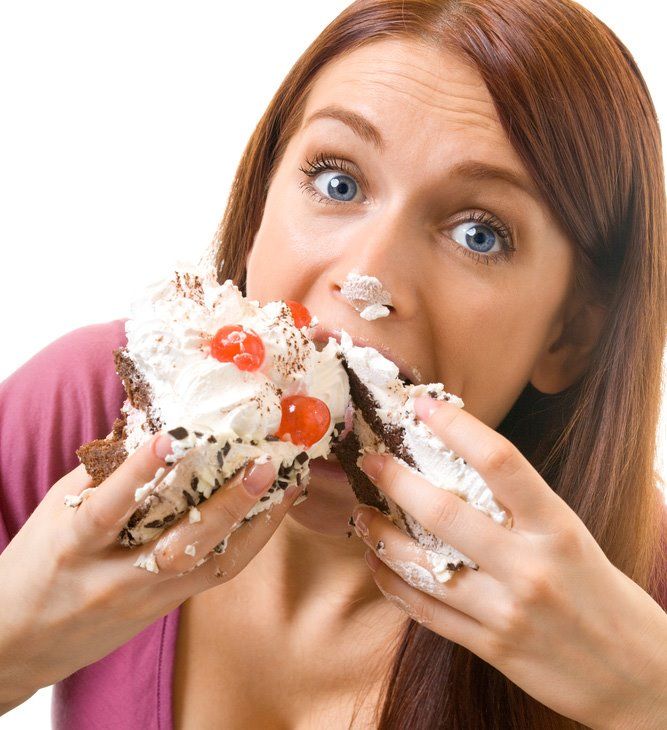 As soon as a person experiences the pleasure of eating, which is actually due to the influx of dopamine into the neural pathways of the reward system, he immediately feels the need to eat something else. (The reward system is a set of structures of the nervous system involved in the regulation and control of behavior through positive reactions to actions). Signals coming from the reward system when eating such foods can interrupt other signals - about satiety and satisfaction. As a result, a person continues to eat even when he is not hungry.
As soon as a person experiences the pleasure of eating, which is actually due to the influx of dopamine into the neural pathways of the reward system, he immediately feels the need to eat something else. (The reward system is a set of structures of the nervous system involved in the regulation and control of behavior through positive reactions to actions). Signals coming from the reward system when eating such foods can interrupt other signals - about satiety and satisfaction. As a result, a person continues to eat even when he is not hungry.
Signs of food addiction
People with food addiction lose control over their behavior. At some point, most of their time begins to take up food: grocery shopping, compulsive overeating, anticipation and anticipation of the pleasure associated with eating. It is also very similar to any other type of addiction: drug, alcohol. As with any other type of addiction, such people tend to be tolerant.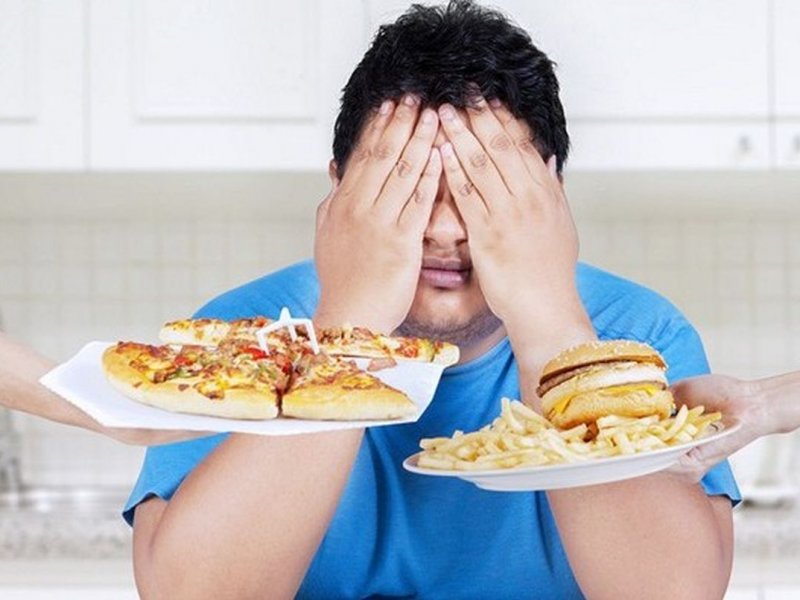 A person eats more and more, but each time the food brings less and less satisfaction.
A person eats more and more, but each time the food brings less and less satisfaction.
Having become addicted to food, a person will continue to eat, regardless of the negative consequences. And, like those who are addicted to drugs or gambling, it will be difficult for a person with a food addiction to stop - even if he wants it badly and has tried many times to stop.
Food addiction may be a significant factor in the development of obesity. But normal weight people can also suffer from food addiction. The body may simply be genetically programmed to handle extra calories better. Or people can increase their physical activity to compensate for overeating.
How to detect food addiction
Determining that a loved one has a food addiction is very difficult. The fact is that for a long time the disease may not manifest itself outwardly, and others notice that something is wrong with a person, as a rule, when his diet is already completely out of control.
Researchers at Yale University have developed a questionnaire to identify people with food addiction. Here are some questions that can help determine if you have a food addiction. Do you agree with the following statements:
- If I start eating certain foods, I end up eating a lot more than I planned.
- I can continue to eat certain foods even when I'm not hungry.
- I keep eating until I feel sick.
- The thought of giving up certain foods, or reducing their consumption, makes me anxious.
How to help a person with food addiction?
In some ways, recovery from food addiction can be more difficult than recovery from other types of addiction. A person who is dependent on alcohol, as a result of treatment, comes to complete abstinence from alcohol. But this approach is not possible with food addiction, because a person needs to eat.
For starters, you can try to start a "food diary".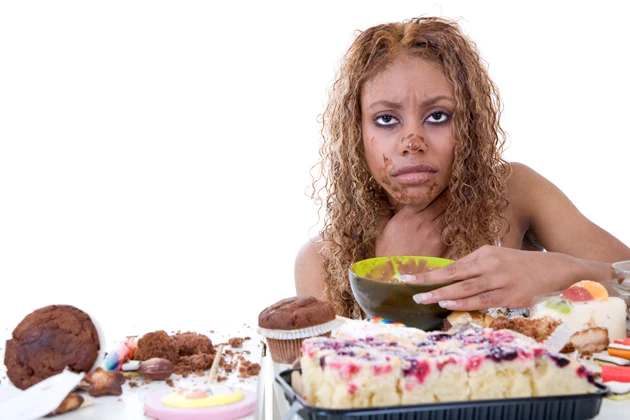 It can be a regular notepad or one of the many mobile nutrition apps. It is important to record everything that was eaten and drunk during the day. This will allow not only to be more conscious about meals, but also to identify which foods trigger the mechanism that leads to overeating . For each, such “triggers” will be individual, but as a rule, these are starchy, sweet, as well as dishes with a lot of salt and spices. Be sure to establish a diet - eat regularly at the same time and in small portions.
It can be a regular notepad or one of the many mobile nutrition apps. It is important to record everything that was eaten and drunk during the day. This will allow not only to be more conscious about meals, but also to identify which foods trigger the mechanism that leads to overeating . For each, such “triggers” will be individual, but as a rule, these are starchy, sweet, as well as dishes with a lot of salt and spices. Be sure to establish a diet - eat regularly at the same time and in small portions.
However, if no improvement is noted, the problem cannot be ignored. Eating disorders such as anorexia (a neuropsychiatric disorder manifested by an obsessive desire to lose weight) and bulimia (a disorder characterized by uncontrolled consumption of food and the subsequent compulsive need to get rid of food) often develop against the background of food addiction. They can cause serious problems health and even lead to death. Treating a food addiction is much like treating any other addiction.